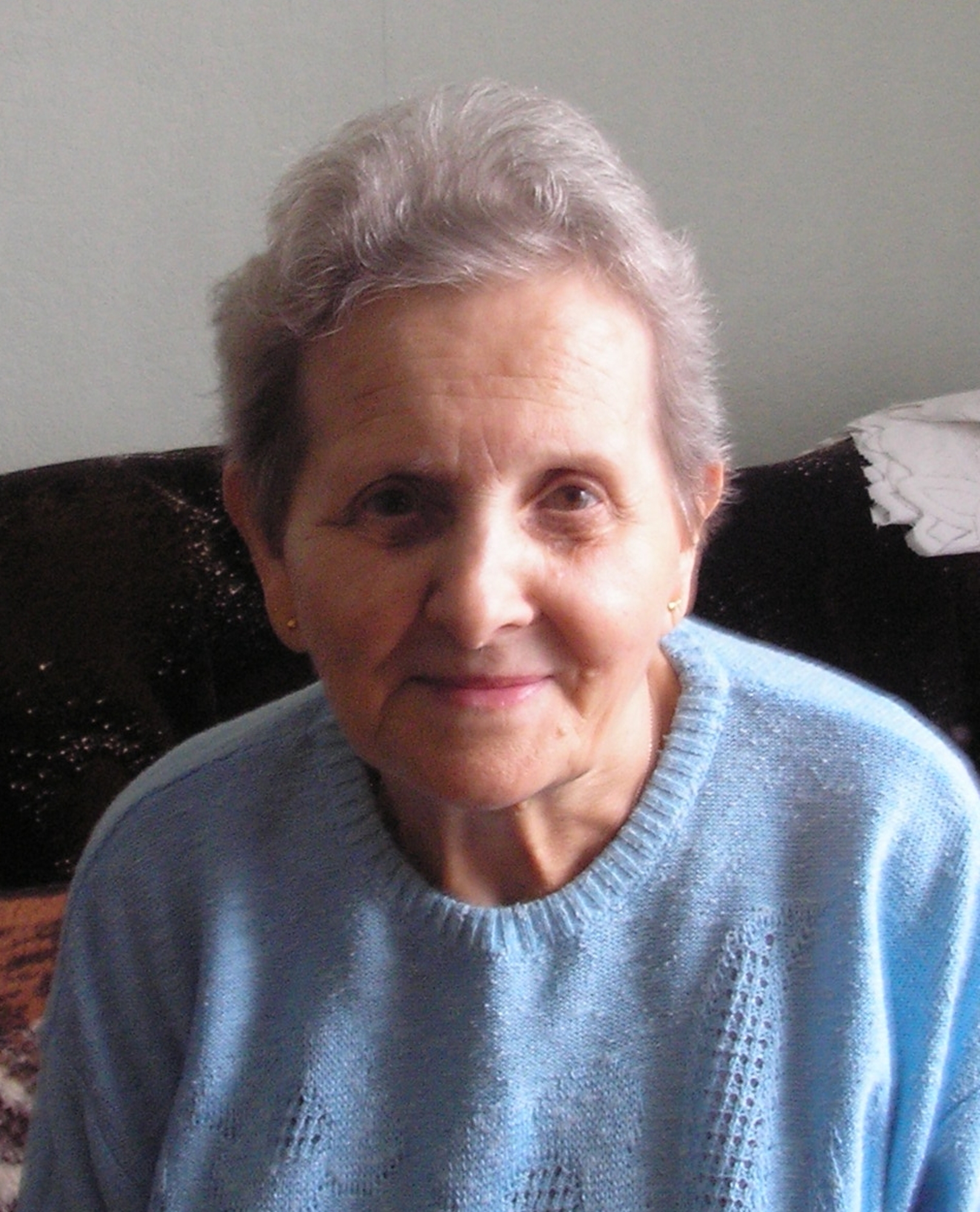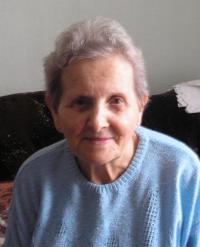I was very disappointed when we arrived That it was such a very small town, that it was only one main street

Stáhnout obrázek
Born in Chortkiv (Polish: Czortków) on 19 March 1930. Her father had a large carpenter’s business; her mother was of a gentry background. Before the entry of Soviet troops in 1939 Józefa Klijewska completed one grade of Polish primary school, and then she learned at an occupation school. In Chortkiv she survived the Soviet and German occupation together with her family. In April 1945, her family decided to leave for Poland, and went first to Tarnów, and then, in August 1945, to Krzyż. In Kryż Józefa Klijewska completed an evening primary school. For two years she worked at a Samopomoc (Self-help) shop, and then she married and took care of her children and home. She lives in Krzyż.
